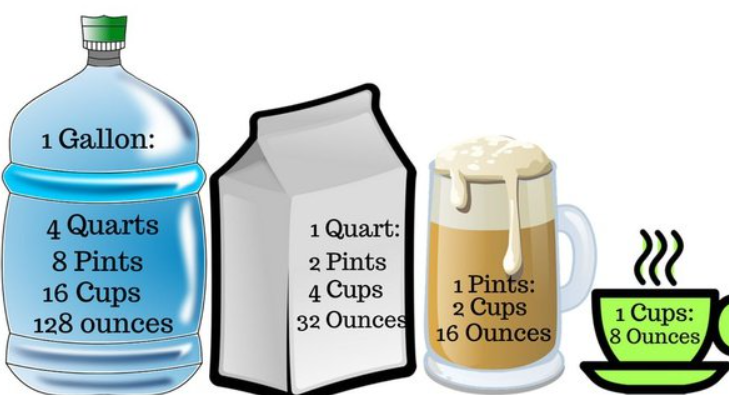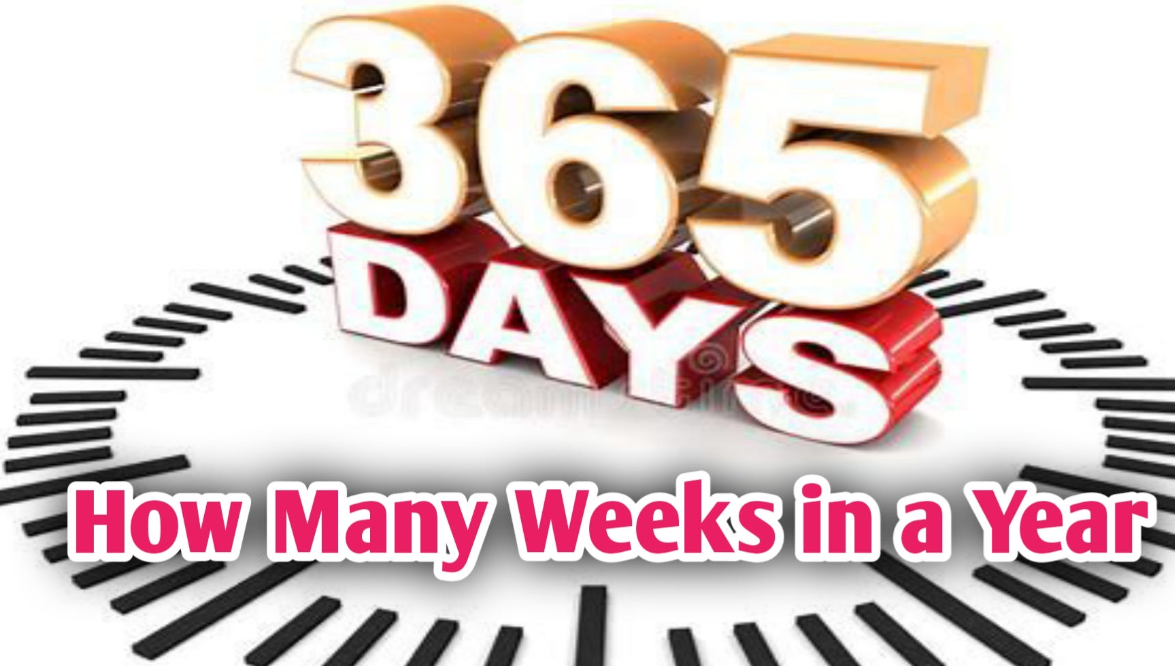Time is an essential aspect of our lives, governing everything from our daily routines to complex scientific experiments. While most of us are familiar with measuring time in hours and minutes, understanding time in terms of seconds can provide a new perspective. This article explores the concept of how many seconds are in a day, explaining the calculation and highlighting its significance in various fields.
Understanding Time Units
Time is divided into several units, each serving a specific purpose in our daily lives. The basic units of time include:
- Seconds: The smallest commonly used unit, often used in precise measurements.
- Minutes: Comprised of 60 seconds, used to measure short durations.
- Hours: Comprised of 60 minutes, used to segment the day.
- Days: Comprised of 24 hours, used to mark the passage of time in our daily lives.
Understanding these units and their relationships is crucial for comprehending how many seconds make up a day.
The Calculation
Calculating the number of seconds in a day is straightforward once we understand the relationships between different time units. Here’s the step-by-step process:
- Number of seconds in a minute: 60
- Number of minutes in an hour: 60
- Number of hours in a day: 24
By multiplying these values, we get the total number of seconds in a day:
60 seconds/minute×60 minutes/hour×24 hours/day=86,400 seconds/day60 \text{ seconds/minute} \times 60 \text{ minutes/hour} \times 24 \text{ hours/day} = 86,400 \text{ seconds/day}60 seconds/minute×60 minutes/hour×24 hours/day=86,400 seconds/day
Thus, there are 86,400 seconds in a day.
Practical Applications
Understanding the number of seconds in a day can be surprisingly useful in various fields:
- Scientific Research: Precise time measurements are critical in experiments and observations.
- Time Management: Breaking down time into seconds can enhance productivity and efficiency.
- Technology and Computing: Systems and software often operate on time intervals measured in seconds or smaller units.
- Sports and Event Timing: Accurate timing is essential for fair competition and record-keeping.
Fun Facts and Trivia
Time measurement has a rich history and is full of interesting facts:
- Historical Evolution: Ancient civilizations used sundials and water clocks to measure time.
- World Records: The shortest measurable time span is the Planck time, about 5.39×10−445.39 \times 10^{-44}5.39×10−44 seconds.
- Comparisons: A week has 604,800 seconds, a month roughly 2.63 million seconds, and a year about 31.5 million seconds.
Real-World Examples
Precise time measurement plays a crucial role in various real-world scenarios:
- Space Missions: NASA’s missions require exact timing to ensure successful launches and operations.
- Medical Applications: Monitoring heart rates and other vital signs depend on accurate second-by-second measurements.
- Financial Markets: High-frequency trading relies on split-second decisions to maximize profits.
Key Takeaways
- There are 86,400 seconds in a day.
- Understanding time in seconds is valuable across various fields.
- Precise time measurement enhances productivity, scientific research, and technological advancements.
Conclusion
Time, measured in seconds, offers a precise and valuable perspective on our daily lives. By understanding that there are 86,400 seconds in a day, we can appreciate the importance of each moment and how it impacts various aspects of our world. Reflecting on how we use our time can lead to greater efficiency and a deeper appreciation of the time we have. How will you make the most of your 86,400 seconds each day?


